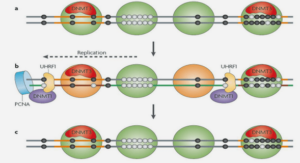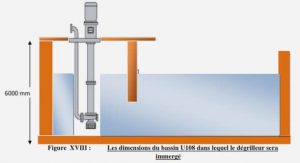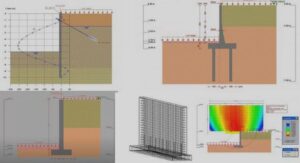Résolution de quelques systèmes des équations différentielles fractionnaires
Fixed point theorems
Fixed point theorem states that a mapping A has at least one Öxed point, i.e. A(x) = x, under certain conditions on A. In a wide range of mathematics, the existence of a solution to a problem is equivalent to the existence of a Öxed point for a suitable operator. Fixed points are therefore of importance in many Öelds of mathematics, science and engineering. Many situations in the study of nonlinear equations can be formulated in the term of a Öxed point problem. Therefore, Öxed point theorems are useful mathematical tools for discussing the existence, uniqueness and positivity of solutions for di§erential equations. In this section, we recall some Öxed point theorems that will be used later. DeÖnition 1.3.1 For a mapping T from a set X into itself, an element x of X is a Öxed point of T if T (x) = x. DeÖnition 1.3.2 [39] Let X be a Banach space. A nonempty closed set P X is called a cone of X if it satisÖes the following conditions: a) x 2 P; 0, implies x 2 P; b) x 2 P;
Existence of solutions for a system of mixed fractional di§erential equations
Fractional di§erential equations are gaining more and more attention, this is due to their several applications in di§erent scientiÖc disciplines such as physics, chemistry, viscoelasticity, aerodynamics, electromagnetic see [54, 68, 73] and the references therein. In [23], the author studied the existence of solutions for a system of multi-order fractional di§erential equations with nonlocal boundary conditions, here the order of each equation may be di§erent from the order of the other equations: ( Di 0+ ui = fi(t; u1; u2; :::; un); ui(0) = 0; 0 <i < 1; 1 i n: ui(0) = 0: where 0 t T: Di 0+ denote the standard RiemannñLiouville fractional derivatives and fi : [0; T] R n + ! R+: In [48], the authors discussed the existence of positive solutions of the following fractional boundary value problem ( D0+ u + a (t) f (u) = 0; 0 < t < 1; 1 << 2 u (0) = 0; u0 (1) = 0 where D0+ is the Riemann-Liouville derivative , f 2 C (R; R+) and a is a positive and continuous function on [0; 1]: Fractional di§erential equations involving both left and right fractional derivatives attract much attention recently, as they appear in Euler-Lagrange equations when studying variational principles. The existence results for such type of di§erential equations are obtained by means of di§erent methods such as Öxed point theorems, lower and upper solution method, variational methods, …we refer to [7, 9, 13, 15, 34, 52]. In [34], the authors established by using the lower and upper solutions method the existence of solutions for fractional oscillator equation involving mixed type fractional derivatives with an initial condition and a natural boundary condition:
Existence of positive solutions for p-Laplacian systems involving left and right fractional derivatives
This Chapter concerns the study of the existence, uniqueness and positivity of solutions for the following system of a coupled nonlinear di§erential equations involving the p-Laplacian operator and a mixed type of fractional derivatives.
Introduction |






